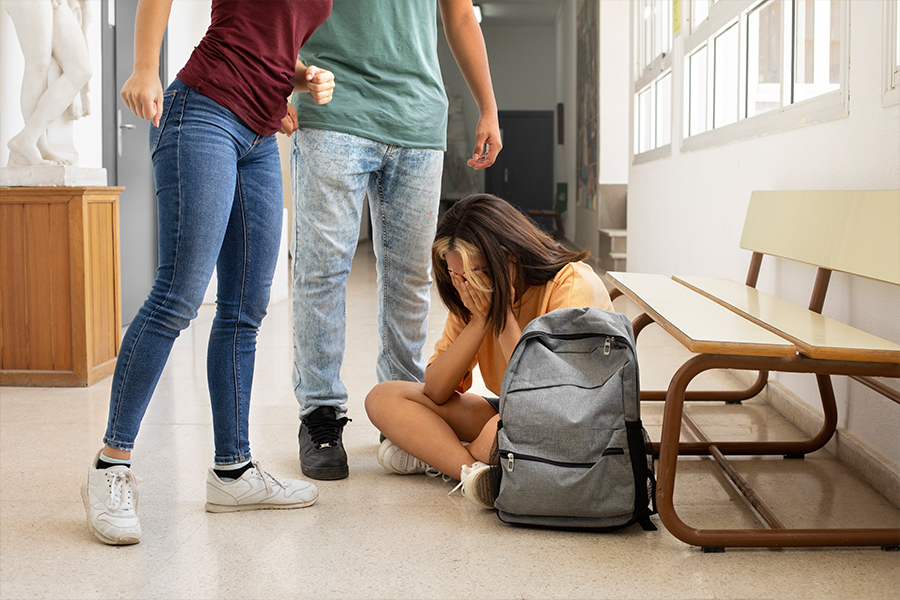Disturbing statistics have been released this week following a Labour Force Survey. Information collated from over 40,000 respondents from UK households rereleased that physical attacks on staff working in secondary schools are three times more likely than in any other profession.
Unacceptable Behaviour Issues
The prime cause of these concerning statistics is thought to be the decline in behaviour combined with the removal of powers from teachers, to be able to provide discipline. The data was gathered over six years, from 2009 through to 2016, and showed that in an average school year over 8,000 attacks took place. This figure includes data from primary schools, and the attacks meet the criteria of leaving the staff member with physical injuries – near misses were not counted in this figure.
During a feature on Radio 5 Live where the report was discussed, a primary school teacher from north of England confirmed that aggression levels among children, as young as five, have risen. Speaking anonymously, she reported that kicking, hitting and pushing were a daily occurrence that teachers were being forced to put up with.
Budget Cuts and Best Practice
Staffing levels in schools have been declining solidly after the government removed over 2.8 billion from the education staffing budget from 2015. Having less staff to manage the behaviour of more children is naturally going to contribute to issues. There was also criticism that during the period of the survey the best practice issued to schools meant the teachers were unable to challenge children. With the empowerment of pupils having gone so far that many now feel that they do not have to abide by rules and can behave in such a way as to injure staff.
Immediate Changes
In response to this problem, the Department for Education has dissipated new guidelines effective immediately.
Acknowledging that teachers and support staff should feel safe at work and should not be subject to violence, the new guidance states that teachers should be ‘put back in charge of the classroom’. Effectively this means that the powers previously removed the no-touch rules that said teachers could not make disruptive children leave the classroom has been scrapped.
Poor behaviour and the ban on discipline have clearly failed to bring control in the school. This means schools will now be able to exclude children from the classroom and deal more efficiently with those choosing violence as a way of getting what they want.
